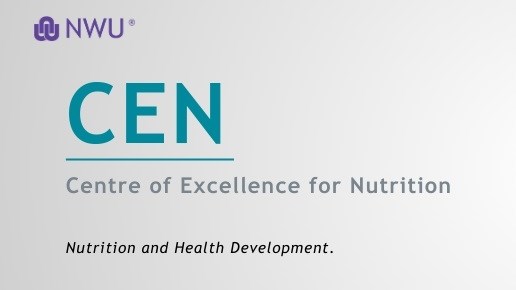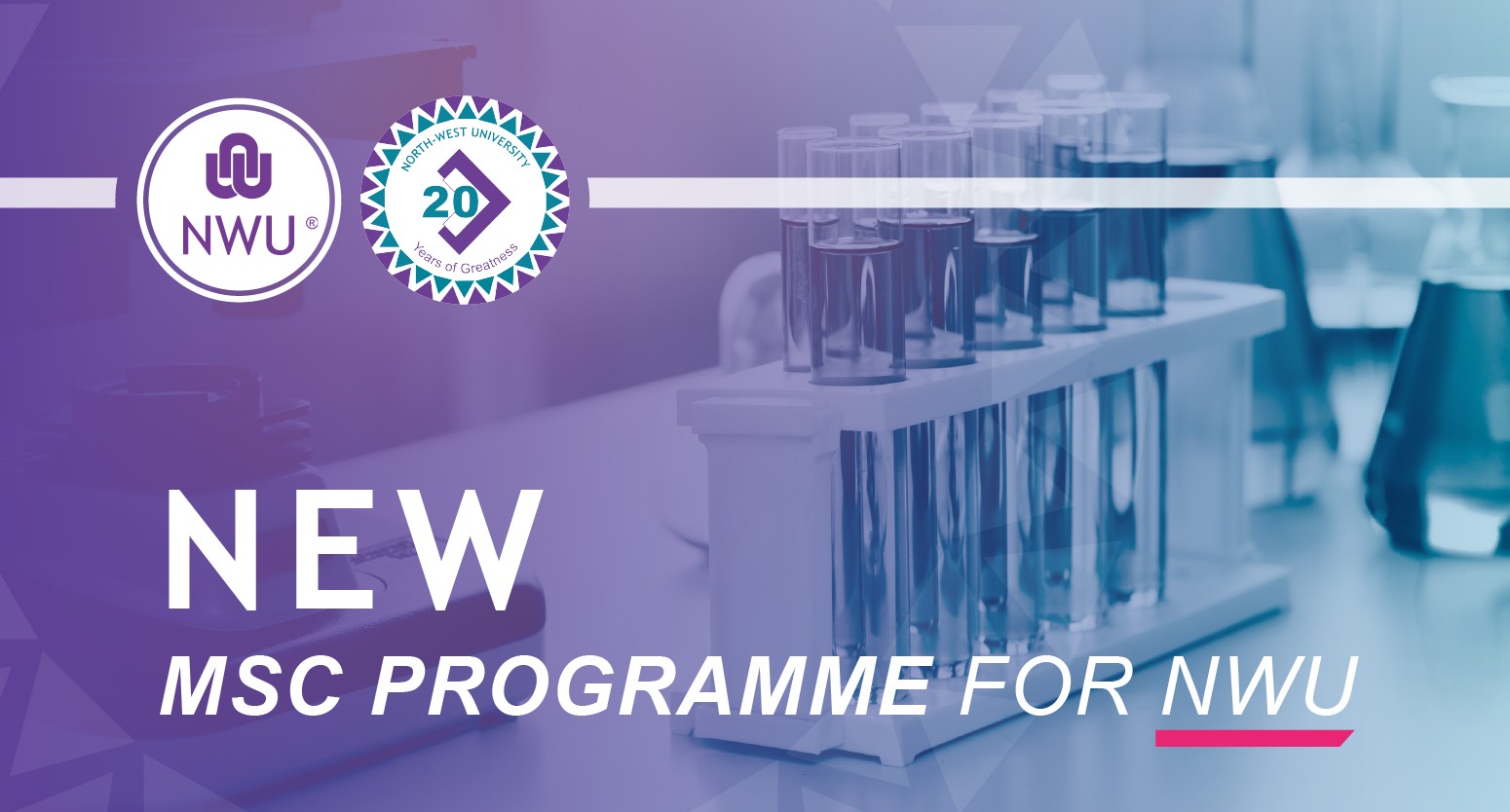Central SA
Nuwe NWU-graad help met wanvoeding─── 09:58 Wed, 17 Apr 2024
Sponsored09:58 Wed, 17 Apr 2024
“’n Nuwe meestersgraad in voeding met kerntegnieke by die Noordwes-Universiteit sal help om wanvoeding in Afrika die hoof te bied.”
Mid-Morning Magic se Yolanda Maartens het met medeprofessor Linda Malan van die Sentrum vir Uitnemendheid in Voeding by die Noordwes-Universiteit gepraat.
Africa unites to bring nuclear nutrition expertise to the continent
Bertie Jacobs
• Micronutrient deficiencies are highly prevalent in Africa and are one of the major factors associated with growth retardation, poor immune function, and child mortality.
• A new master’s degree programme in Nutrition with Nuclear Techniques will help address malnutrition in Africa.
• Role players across the continent are working together to ensure better nutrition for all Africans.
According to the Africa Regional Overview of Food Security and Nutrition – Statistics and Trends 2023 report – Africa’s malnutrition figures are staggering. More than 280 million people on the continent, or about 20% of the population, are undernourished. More worryingly, this figure shows an increase of almost 60 million people since the start of the Covid-19 pandemic.
It is a massive problem and part of the answer lies in the miniscule.
Nuclear technology plays a crucial role in nutrition, especially through diagnostic techniques, and now these techniques will be used more rigorously than ever before to help stem the tide of malnutrition.
Roleplayers from across Africa, in partnership with the International Atomic Energy Agency (IAEA), are undertaking a four-year project to build capacity to use stable isotope techniques to improve the micronutrient status of children in Africa. Stable isotopes are non-radioactive atoms of the same element with the same number of protons but a different number of neutrons. It can serve as an effective, safe and precise marker to pinpoint areas affecting malnutrition.
The result is an MSc (Master’s degree) in Nutrition with Nuclear Techniques. The IAEA aims to roll out this curriculum in Africa, tailored by each specific African university in its own format but also standardised to some extent.
The programme is already in practice, with the North-West University (NWU) in South Africa playing the lead host for Anglophone (English-speaking) students, and Morocco playing host for Francophone (French-speaking) students. Ghana, Senegal, and Zambia will be the next countries to implement the programme, with a proposed 37 other African countries to follow.
Prof. Linda Malan, from the NWU’s Centre for Excellence in Nutrition, who helped develop the curriculum for the MSc in Nutrition with Nuclear Techniques, explains the dilemma facing Africa: “Micronutrient deficiencies are highly prevalent in Africa and are some of the major factors associated with growth retardation, morbidity, mortality, slow psychomotor development, and poor immune function in children. Micronutrient deficiencies also affect women of reproductive age, with significant adverse effects on the nutritional status and health of their offspring in early life, as well as limiting their development and human potential. For example, 40% of all women of reproductive age in Africa suffer from anaemia, about half of which is due to iron deficiency. Children’s diets in Africa are predominantly plant-based, which often provide insufficient or poorly absorbable micronutrients, such as iron and zinc.”
She also notes that plant-based foods have naturally occurring compounds (anti-nutrients) that interfere with and limit micronutrient absorption. “It is therefore important to design diets that enhance micronutrient absorption from foods. However, there is limited technical expertise and laboratory capacity in Africa to assess the bioavailability of micronutrients from foods and how this relates to micronutrient status in vulnerable groups such as children and pregnant and lactating women.”
This new Master of Science – or MSc programme – will help build capacity by designing the necessary curricula followed by enrolling and training students in the next phase of a two-year academic programme. The curriculum will cover a range of stable isotope techniques, including those for assessing iron, zinc and vitamin A absorption.
“The project will help participating African member states build capacity to design and evaluate interventions to address micronutrient deficiencies for better health and economic development,” said Prof. Malan.
With individual African universities, United Nations agencies such as the IAEA and the World Health Organisation, and African governments – including ministries of health, education, agriculture and others – working together, the plague of malnutrition ravaging the continent can be systematically eradicated.















